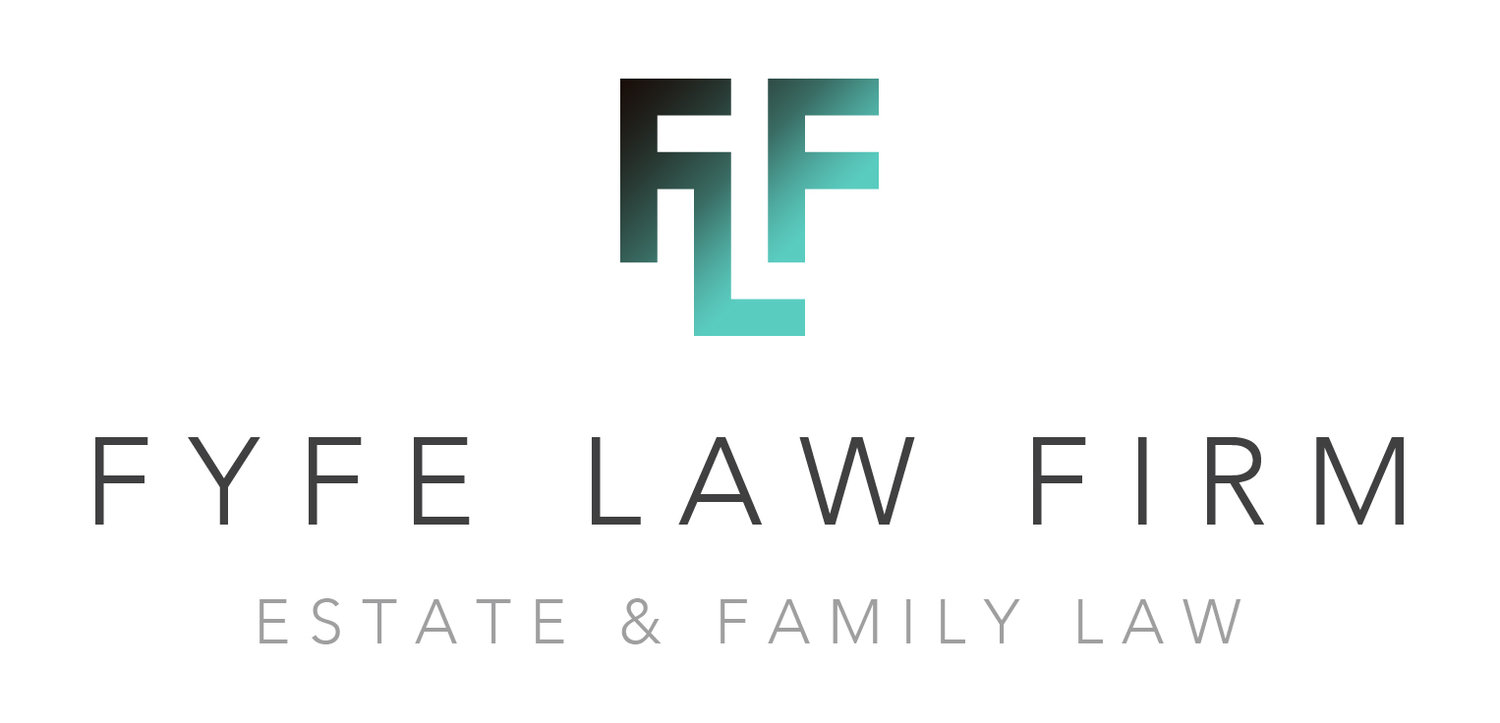Power of Attorney
A Power of Attorney is a document that allows the principal to appoint a person to act as their agent and make decisions on their behalf. These decisions may involve real property, bank accounts, credit cards, taxes, and other financial and business areas.
Clients typically set up a Durable Power of Attorney so in the instance they, as the Principal, become incapacitated, whomever is appointed as their Agent can make decisions, including financial or business decisions, on their behalf.
Why is Important to Have a Durable Power of Attorney?
The appointed Agent set forth in a Durable Power of Attorney can pay your bills, file taxes, make investment decisions and handle other personal financial matters that may fall by the wayside in the event of your incapacitation. Without a Durable Power of Attorney, the way for one to gain the ability to manage your financial affairs would be through a court-appointed conservatorship. That court process takes considerable time, costs money, and the judge may not choose the person you would have chosen.
Due to the fact that a Durable Power of Attorney terminates at death, however, it does not provide for continuous administration of the principal's property. Therefore, a Durable Power of Attorney is often used in conjunction with other estate planning tools as part of a complete estate planning package.
Connect with a Poway estate planning attorney on LinkedInAdvance Healthcare Directive
An Advance Health Care Directive allows the principal to designate an agent to make healthcare decisions on their behalf. These decisions include choices such as:
Consent or refusal for any care, treatment, service, or procedure to maintain, diagnose, or might otherwise affect a physical or mental condition.
Select or discharge health care providers.
Approve or disapprove tests, surgical procedures, and medications.
Direct the provision, withholding, or withdrawal of artificial feeding and hydration tubes.
Cardiopulmonary resuscitation.
Donation of organs or tissue.
Authorization or denial of an autopsy.
Mortuary affairs.
The authority granted to the agent under an Advance Healthcare Directive typically becomes effective when the principal becomes incapacitated. Most people choose their spouse, child, friend, or other relative, to be named as the agent.
Why is it Important to have an Advance Healthcare Directive?
An Advance Healthcare Directive acts as your “Living Will” for end-of-life decisions, thus enabling you to control your final wishes in regards to pain management and other medical treatments. If you do not have one created, there are no directions, one way or another, as to what care you wish to receive if you are incapacitated, leaving additional burdens and guesswork on your loved ones as to what your wishes might have been.
Powers of Attorney and Advance Healthcare Directives are typically used in conjunction with other estate planning tools. Speak with an attorney at Fyfe Law Firm to see what may be appropriate to address your estate planning concerns. You may send us a message by filling out the form below.


